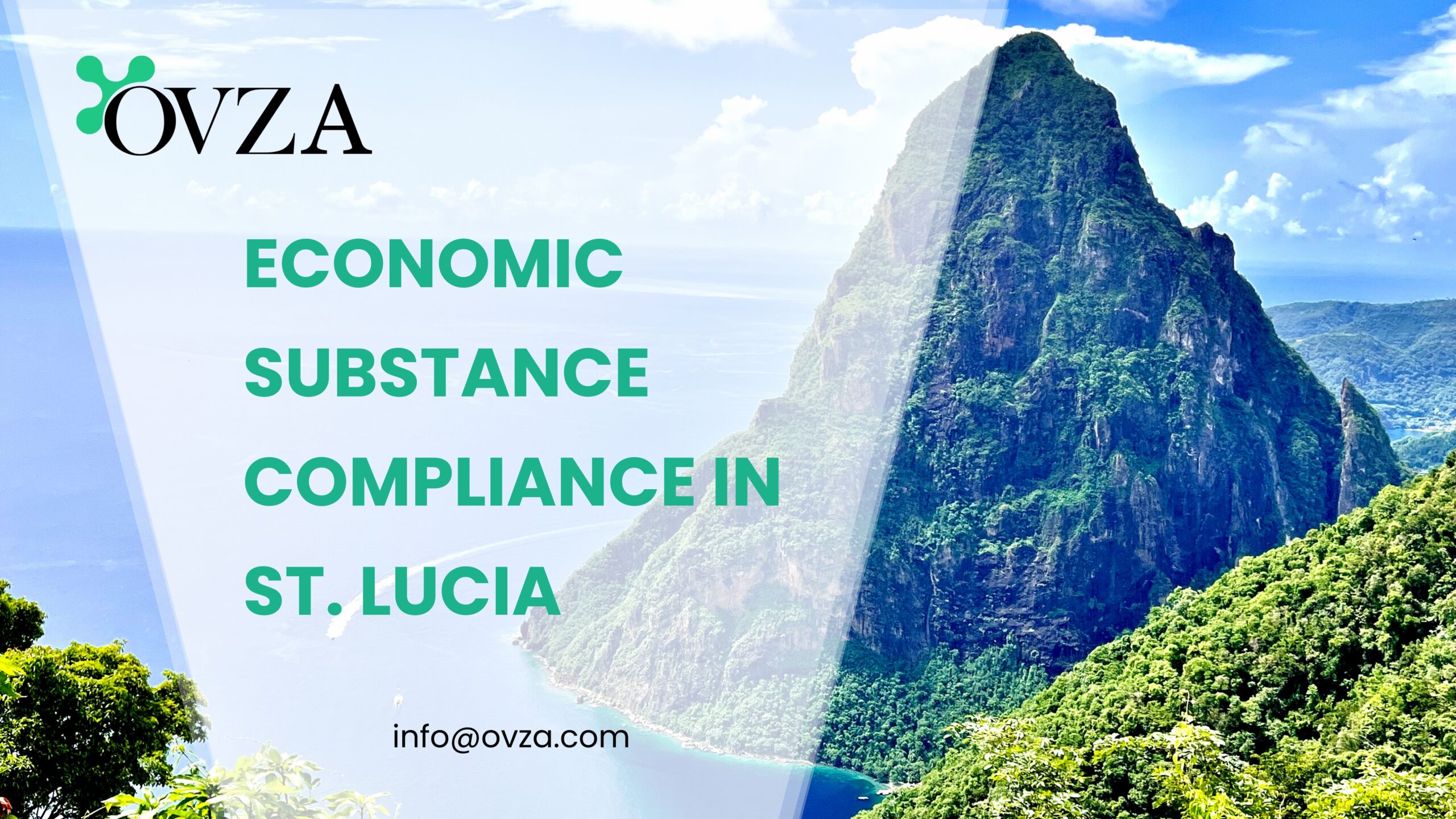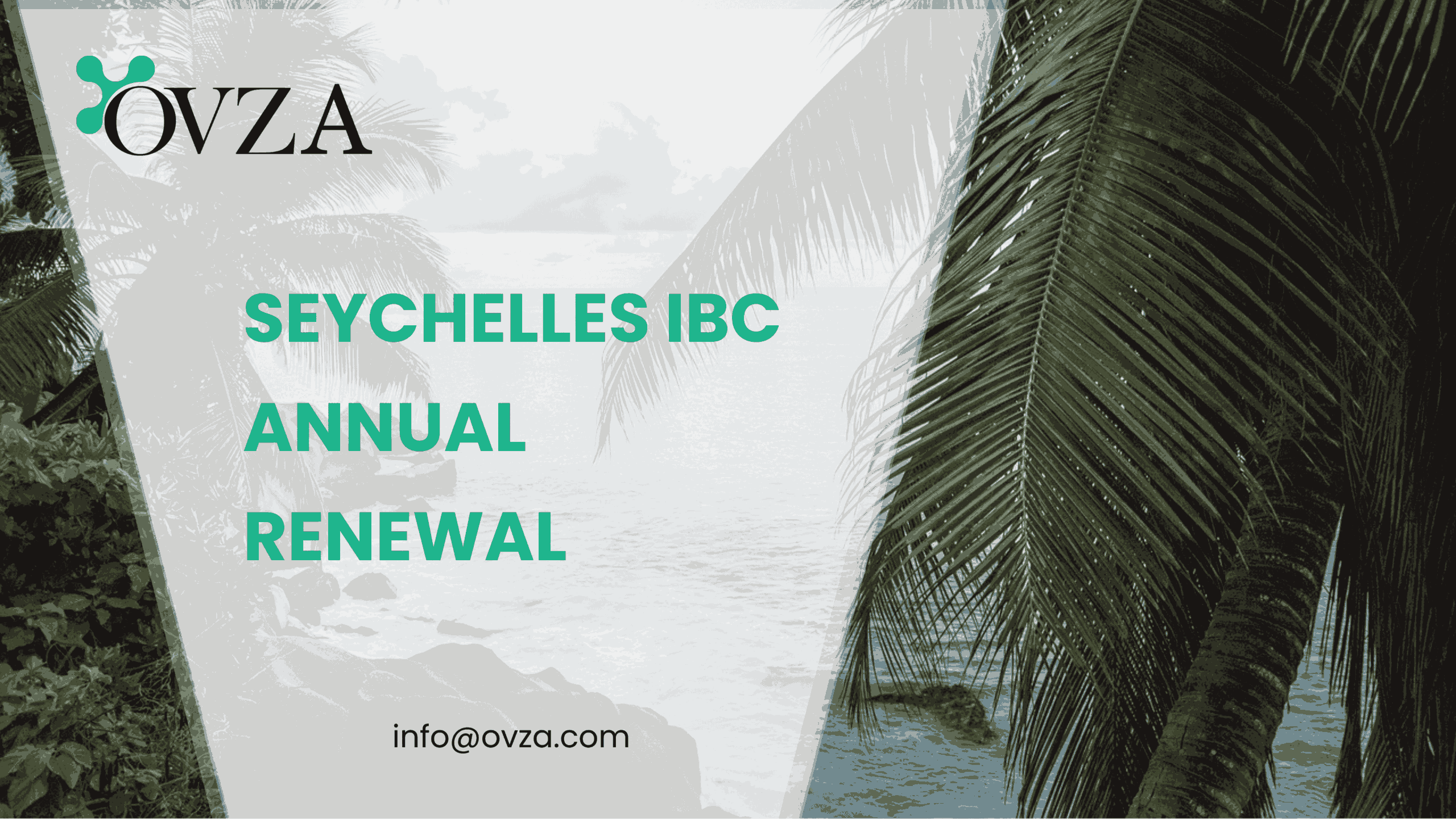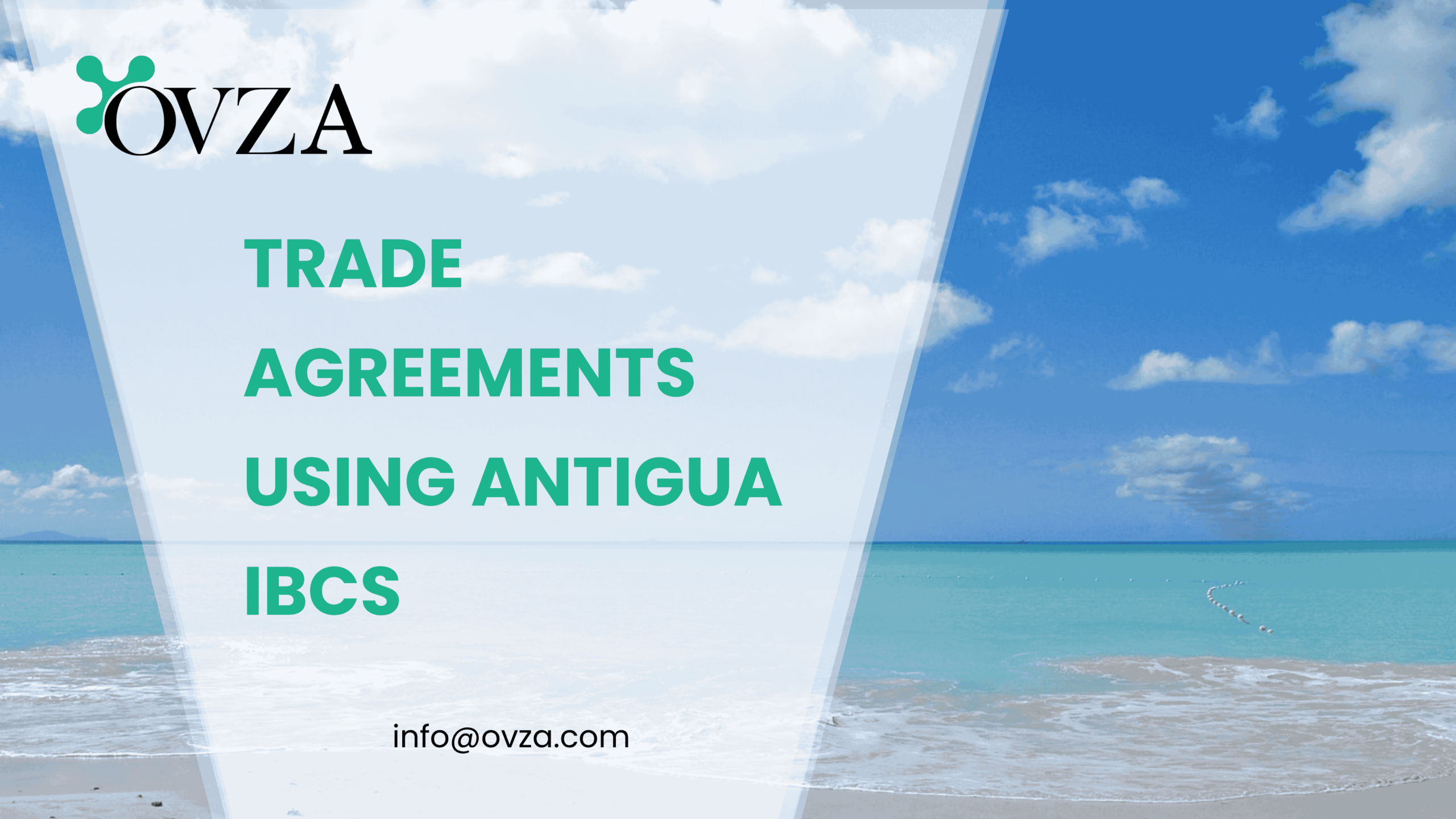Economic Substance Compliance in St. Lucia – St. Lucia requires economic substance compliance for relevant entities through local presence, reporting, and alignment with global tax standards. The implementation of economic substance legislation in Saint Lucia forms part of a wider global initiative driven by the OECD’s Base Erosion and Profit Shifting (BEPS) project, specifically Action 5 on harmful tax practices. The Economic Substance Act, Cap. 20.14, enacted in 2019 and amended in line with international review processes, imposes legal requirements on certain entities conducting relevant activities to establish substantial economic presence within Saint Lucia. This compliance regime applies to all resident companies and foreign entities registered to do business in Saint Lucia that fall within the statutory definition of “relevant entity.”
Legal Obligations and International Alignment
The legislation responds directly to international commitments undertaken by Saint Lucia to avoid designation as a non-cooperative jurisdiction. Under the framework adopted by the European Union and the OECD Forum on Harmful Tax Practices, economic substance laws are evaluated for effectiveness, enforcement, and alignment with global standards. Failure to comply could result in reputational damage, blacklisting, and limitations on market access for corporate structures incorporated in Saint Lucia. As such, the legal obligations arising under the Economic Substance Act are not merely formalities but foundational to the legitimacy of offshore companies formed in the jurisdiction.
A relevant entity under the Act is one that is incorporated or registered in Saint Lucia and carries out at least one “relevant activity.” These activities include banking, insurance, fund management, financing and leasing, headquarters business, shipping, holding company business, intellectual property business, and distribution and service center operations. Entities engaged in these sectors must maintain adequate physical presence, incur appropriate levels of expenditure in Saint Lucia, and be directed and managed locally in a manner that reflects real operational substance.
The concept of being “directed and managed” in Saint Lucia is legally interpreted through a combination of statutory guidance and administrative practice. It includes requirements that board meetings be held within the jurisdiction, that strategic decisions be made locally, and that the company’s records and documentation be available for inspection by the regulatory authority. The Comptroller of Inland Revenue serves as the competent authority for administering economic substance compliance, with enforcement authority to issue notices, demand documentation, and impose penalties for noncompliance.
The reporting framework obliges each relevant entity to file an annual economic substance declaration. This filing must confirm whether the company engaged in any relevant activities during the reporting period and provide information about its local expenditures, employment, physical assets, and governance processes. Where an entity is tax resident in another jurisdiction that has a double tax treaty or exchange of information agreement with Saint Lucia, and can prove such residency, it may be treated as out of scope. However, this exemption is not automatic and must be substantiated with credible evidence such as tax residency certificates and proof of actual operations abroad.
Enforcement, Sector-Specific Interpretation, and Practical Legal Considerations
Enforcement of the Economic Substance Act in Saint Lucia relies on both administrative compliance and risk-based supervision. The Comptroller of Inland Revenue has authority to review declarations, request supporting evidence, and determine whether an entity has fulfilled its economic substance obligations for each relevant activity. Where a company is found to be noncompliant, the law provides for the imposition of financial penalties, escalating fines for repeated offenses, and, in certain cases, referral for administrative dissolution or strike-off under the Companies Act. These enforcement powers reflect the seriousness with which Saint Lucia treats its international obligations to ensure that companies are not artificially maintaining tax residency without meaningful presence.
Sector-specific application of the substance rules adds a layer of legal complexity. For example, a pure equity holding company—defined under the legislation as one whose only business is the acquisition and holding of equity participations and earning dividends or capital gains—is subject to a reduced substance test. Such an entity must still comply with core requirements including filing returns and maintaining adequate premises but is not expected to carry on income-generating activities locally. In contrast, intellectual property business is subject to enhanced substance requirements due to heightened risk classification under OECD guidance. This includes needing to show nexus between research and development functions and the IP income, an issue addressed directly in the OECD’s 2015 Action 5 report.
The economic substance framework in Saint Lucia also aligns with automatic exchange of information regimes such as the Common Reporting Standard (CRS) and FATCA, as regulators now use cross-border data to validate substance declarations. Companies falsely claiming exemption or declaring foreign tax residency without substantive basis risk exposure to international audits or information requests under these agreements. This cross-jurisdictional transparency amplifies the necessity for accuracy in substance filings and comprehensive legal documentation.
From a legal structuring perspective, the location of key personnel, physical infrastructure, and board control mechanisms must be carefully documented in order to satisfy substance thresholds. Legal practitioners frequently advise on corporate resolutions, employment agreements, and leases evidencing local presence. In some cases, companies are required to reconfigure their business models, migrate management functions, or invest in infrastructure to meet the jurisdiction’s expectations. Failure to address these legal standards may result not only in local regulatory penalties but also the disqualification of the entity from treaty benefits or access to global financial institutions.
Compliance with substance rules is also increasingly evaluated by banks, auditors, and counterparties. Offshore entities incorporated in Saint Lucia that cannot evidence compliance are at risk of account closures, insurance denials, or rejection in contractual negotiations. The economic substance test thus operates beyond regulatory formality, having real commercial implications for the viability of business operations. This is particularly relevant for companies operating in digital finance, professional services, or asset holding sectors, where the burden of proving active operations may require more than nominal indicators of presence.
Substance Reform, International Scrutiny, and Corporate Governance
The development of Saint Lucia’s economic substance regime reflects the jurisdiction’s effort to maintain its position within the community of tax-compliant offshore financial centers. Continued reviews by bodies such as the EU Code of Conduct Group and the OECD Global Forum on Transparency and Exchange of Information for Tax Purposes have led to iterative improvements in the design and application of the substance rules. This includes refinements in definitions of relevant activity, increased coordination with international tax authorities, and enhanced audit capabilities within the Inland Revenue Department.
Corporate directors and registered agents are now expected to advise on substance requirements as part of ordinary governance obligations. The duty to maintain adequate accounting records, facilitate tax reporting, and implement compliance procedures consistent with economic presence is no longer merely an administrative expectation—it is a legal obligation with international consequences. In this respect, economic substance has moved from an abstract policy objective to a concrete legal test of legitimacy in cross-border corporate structuring. Boards must document decisions in a manner that substantiates local management, and shareholder resolutions should be aligned with operational reality to avoid regulatory scrutiny.
Legal practitioners must also consider the interaction between economic substance rules and other legislative instruments such as anti-money laundering statutes, corporate residency rules, and beneficial ownership reporting. The convergence of these frameworks underpins a risk-based regulatory model in which any inconsistency between form and function may trigger investigative measures or reputational harm. Therefore, compliance with the economic substance regime should be evaluated as part of a broader legal audit of corporate governance and international risk exposure.
As jurisdictions continue to adjust their frameworks to meet evolving global standards, Saint Lucia’s model remains under active development. It is essential that entities operating within this space anticipate changes and engage in legal structuring that withstands both domestic regulatory review and international reporting scrutiny.
Conclusion
Economic substance compliance in Saint Lucia is now a central legal requirement for entities engaged in relevant offshore activities. The regime mandates not only the existence of local business operations but also documentary evidence of control, expenditure, and personnel aligned with the company’s functional profile. These obligations are enforced by national authorities and monitored through international data exchange mechanisms, making them integral to the legal viability of cross-border structures. Companies seeking to maintain good standing must integrate economic substance considerations into their corporate governance and reporting processes to ensure continued regulatory recognition and market access.
Disclaimer: The information provided on this website is intended for general reference and educational purposes only. While OVZA makes every effort to ensure accuracy and timeliness, the content should not be considered legal, financial, or tax advice.











